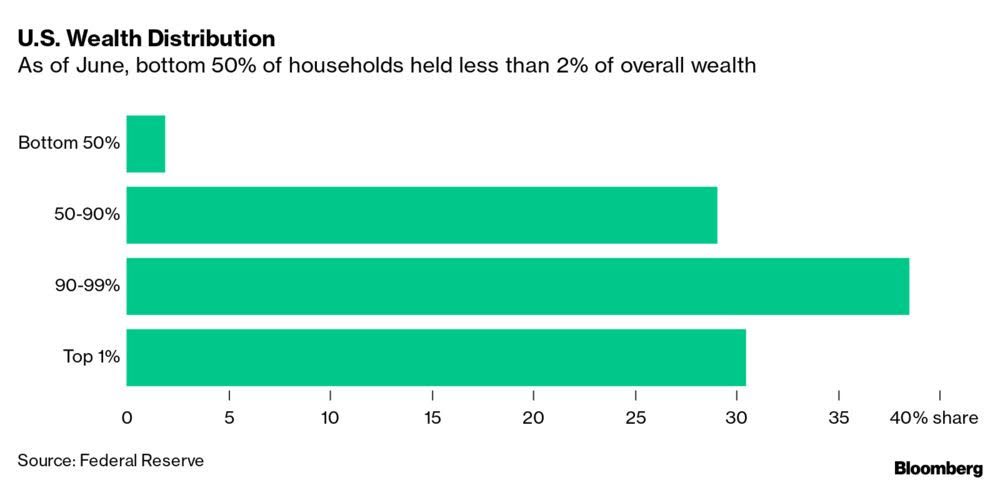My morning train WFH reads:
• Five myths about the suburbs. Suburbs are as varied and plural as the United States. Yet our mythology casts “the suburbs” as somehow separate, frozen in amber (Washington Post) see also Renters Flock to Suburbia, Upending Decadelong Urbanization Trend New suburban tenants say the shift to a work-at-home model removed a longstanding barrier to living in these neighborhoods (Wall Street Journal)
• Howard Marks: Coming Into Focus: This episode was caused by an exogenous, non-economic development, the pandemic. The recession – rather than being the cause – was the result: a closure of business induced intentionally in order to minimize inter-personal contact and halt the spread of the disease. (Oaktree Capital)
• Netflix has a TV-show problem Netflix used to be the trendsetter when it came to TV shows. Now it’s falling behind. The company keeps canceling its most creative and ambitious original shows before they hit their stride. (Insider)
• The Imitation Game: How AI Should Buoy Insurers—and Pension Risk Transfers Also, as investments, carriers likely will grow more attractive, thanks to machine learning helping to customize pricing, reduce costs, and flag fraudulent activity. (Chief Investment Officer)
• Don’t Forget These Year-End Retirement Planning Tax Breaks The federal CARES Act include four significant 2020 tax breaks (Investor’s Business Daily)
• The 13-point checklist Google uses to find and promote its best leaders: Google is known for cultivating strong leaders. That’s because they regularly survey their employees about their managers. Their surveys consist of 13 specific questions, most of which are focused on emotional intelligence, helping employees grow, and leadership skills. (Business Insider)
• Why Facebook Can’t Fix Itself The platform is overrun with hate speech and disinformation. Does it actually want to solve the problem? (New Yorker)
• Solar Pushes Aside Coal as the Cheapest Fuel for Power Renewables are set to overtake coal this decade as the world’s favorite fuel to generate electricity (Bloomberg) see also Is wind power’s future in deep water? More of our electricity will have to come from renewable sources, but we’re fast running out of space close to shore. Is the answer to go farther out to sea? (BBC)
• 7 looming questions about the rollout of a Covid-19 vaccine The design, testing, and mass production of multiple vaccines has never been attempted on this type of timeline, making this moment a turning point in the development of vaccines to respond to new disease threats. (Stat)
• The surprising origin of fried chicken Fried chicken is as emblematic of the US South as collard greens and sweet potato pie. But it may be more Scottish than Southern. (BBC)
Be sure to check out our Masters in Business interview this weekend with Lisa Cook, a professor of economics and in international relations at Michigan State University. The Marshall Scholar served as a senior researcher at the Council of Economic Advisers under President Barack Obama, and held positions at the National Bureau of Economic Research; the Federal Reserve banks of Minneapolis, New York and Philadelphia; and the World Bank.
The 50 Richest Americans Are Worth as Much as the Poorest 165 Million

Source: Bloomberg
Sign up for our reads-only mailing list here.

